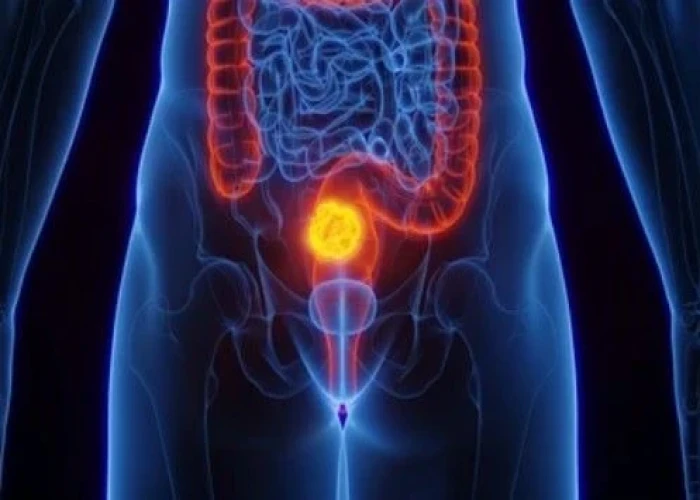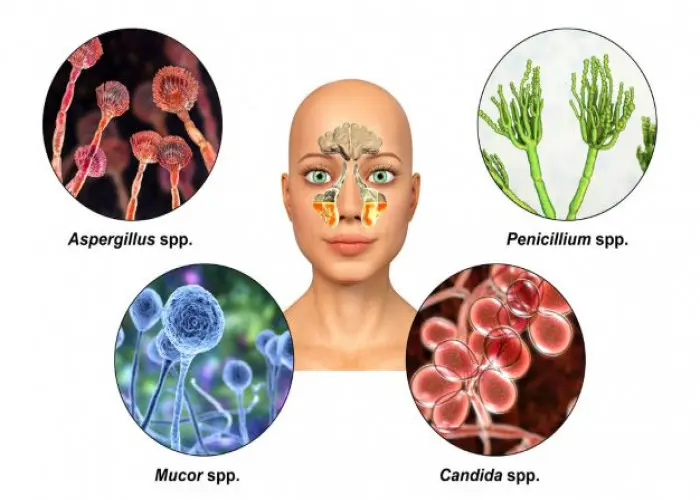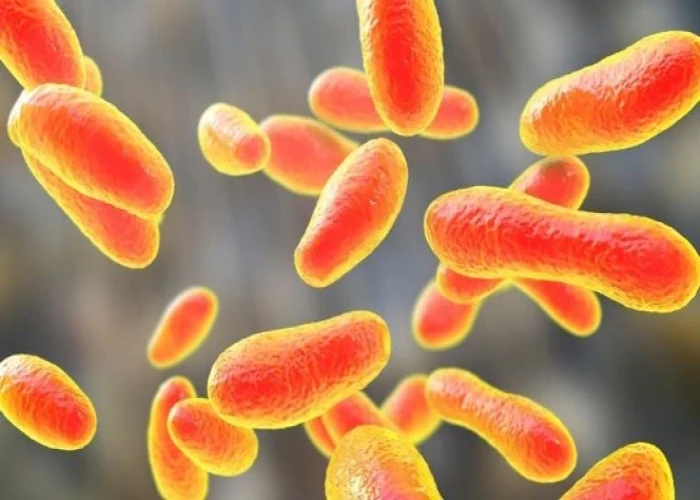 Welcome
Welcome
“May all be happy, may all be healed, may all be at peace and may no one ever suffer."
Atrophy of Stomach

Atrophy of the stomach refers to a condition where the lining of the stomach becomes thin and loses its ability to produce stomach acid and digestive enzymes. This can lead to a variety of symptoms and may increase the risk of certain health conditions.
There are several possible causes of stomach atrophy, including chronic inflammation, autoimmune disorders, and long-term use of certain medications. In some cases, the condition may be related to an infection with the bacteria H. pylori.
The symptoms of stomach atrophy can vary depending on the severity of the condition, but may include:
- Indigestion or heartburn
- Nausea and vomiting
- Loss of appetite
- Weight loss
- Anemia
- Bloating or abdominal pain
If left untreated, stomach atrophy can increase the risk of certain health conditions, such as malnutrition, vitamin deficiencies, and stomach cancer.
Treatment for stomach atrophy depends on the underlying cause and the severity of the condition. In some cases, medication may be prescribed to help manage symptoms and reduce the risk of complications. For example, proton pump inhibitors (PPIs) may be used to reduce stomach acid production and relieve symptoms of indigestion and heartburn.
If the condition is related to an infection with H. pylori, antibiotics may be prescribed to help clear the infection and reduce inflammation in the stomach lining.
In cases where stomach atrophy has led to severe malnutrition or other complications, more aggressive treatment may be necessary, such as surgery to remove the damaged portion of the stomach.
It is important to seek medical attention if you experience persistent symptoms of stomach atrophy, as early diagnosis and treatment can help prevent complications and improve outcomes.
Research Papers
Disease Signs and Symptoms
- Indigestion
- Hard stool
- Disgust
- Dysentery
- Foul-smelling air
- Dizziness and weakness
- Stomach atrophy
Disease Causes
Disease Prevents
Disease Treatments
Disease Diagnoses
Disease Allopathic Generics
-
Ranitidine Hydrochloride
Ranitidine is the most common medicine.
1 pill in the morning and 1 pill at night.
-
Ferrous Sulfate
Medicines containing ferrous sulphate for loss of appetite for anaemia.
If there is no upset stomach, take 1/2 teaspoon 2/3 times a day after meals.
-
Ferrous Gluconate
Medicines containing ferrous sulphate for loss of appetite for anaemia.
2 spoons 2/3 times a day after meals.
-
Ferrous Sulfate + Folic Acid
Medicines containing ferrous sulphate for loss of appetite for anaemia.
1 pill 2 times a day after food.
-
Ferrous Sulfate + Folic Acid + Zinc Sulfate
Medicines containing ferrous sulphate for loss of appetite for anaemia.
1 capsule daily after lunch.
-
Vitamin B1, B2 & B6
Lack of vitamins.
2/3 injections per week should be given into the flesh.
-
Pancreatin
Medicines containing pancreatin for digestive disorders.
1 serving daily after meals 3 times a day.
-
Metronidazole
Medicines with metronidazole in case of dysentery.
1 pill 3 times daily 7/10 etc.
-
Diloxanide Furoate
Medications containing pancreatin and metronidazole do not require medication if diarrhea improves after regular meals. But if it doesn't decrease, the drug containing diloxanide furoate will be given as soon as the medicine is finished.
1 pill 3 times a day for 10 days.
-
Secnidazole
Intestinal amoebic chronic dysentery with secnidazole.
2 pills taken together at bedtime for 1 day.
-
Vitamin B complex
Medicines with vitamin B-complex for body weakness or disinterest.
1 2 times a day after meals.
-
Dextrose
5% Dextrose + 1amp Dexamethsoe + 1amp Vitamin C + Vitamin B Complex 2cc 6cc can be given.
50-60 drops per minute should be given intravenously.
-
Domperidone Maleate
Medicines containing domperidone for heartburn, heartburn, flatulence, bloating, regurgitation.
1 pill 15 minutes before meals 3 times a day for 3-4 weeks.
-
Famotidine
Medicines containing famotidine without antacids.
20mg 1 pill 2 times a day after meals.
Disease Ayurvedic Generics
Disease Homeopathic Generics
Disease yoga
Atrophy of Stomach and Learn More about Diseases

Rectal cancer

Acute sinusitis

Aplastic anemia

Q fever

Ebola virus and Marburg virus

Naegleria infection

Anal cancer

IgA nephropathy (Berger's disease)
Atrophy of Stomach, পাকস্থলীর শীর্ণতা
To be happy, beautiful, healthy, wealthy, hale and long-lived stay with DM3S.